This week in global news, Afterpay makes way for Block's Cash App, Singapore plots a crypto crackdown, U.K. calls for fintech deregulation, and more.
Here's what's happening around the world.
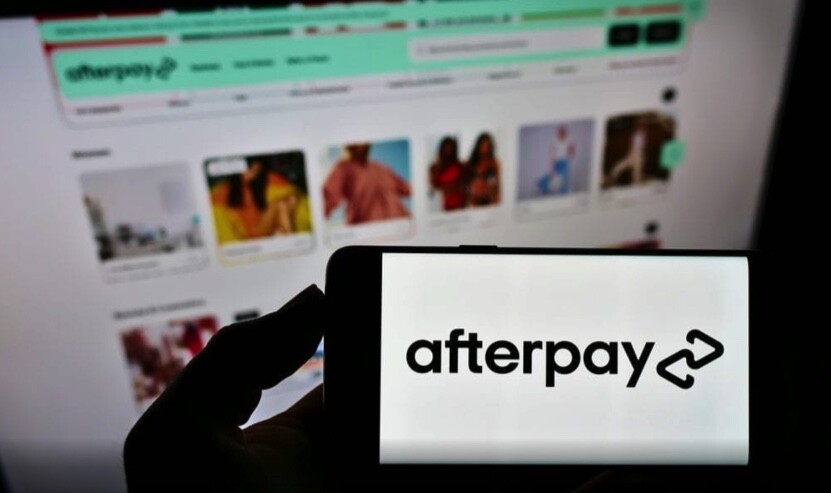


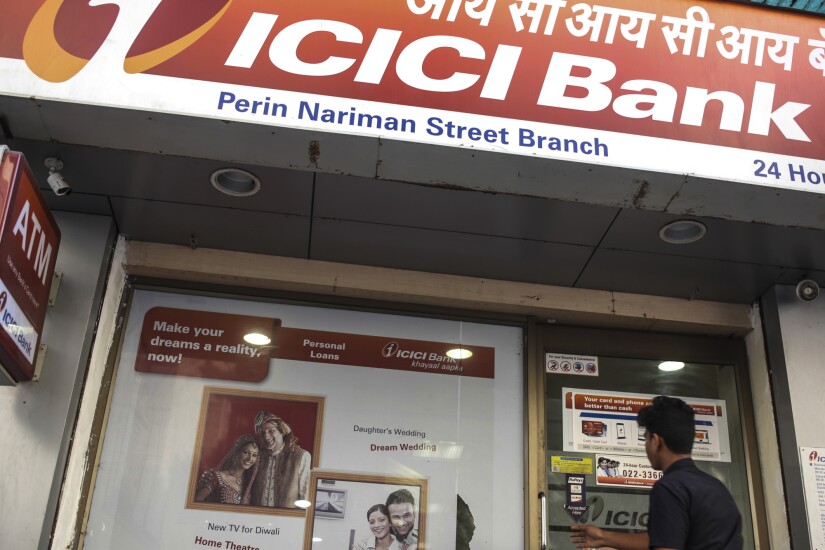
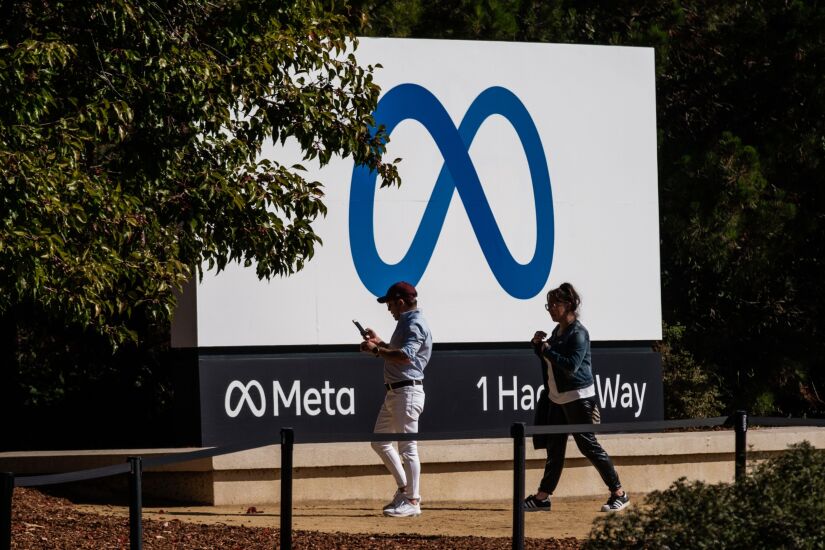
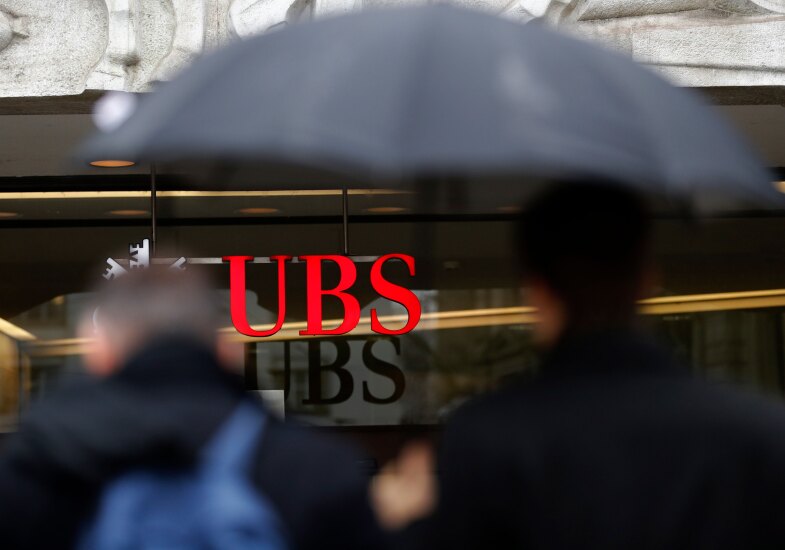
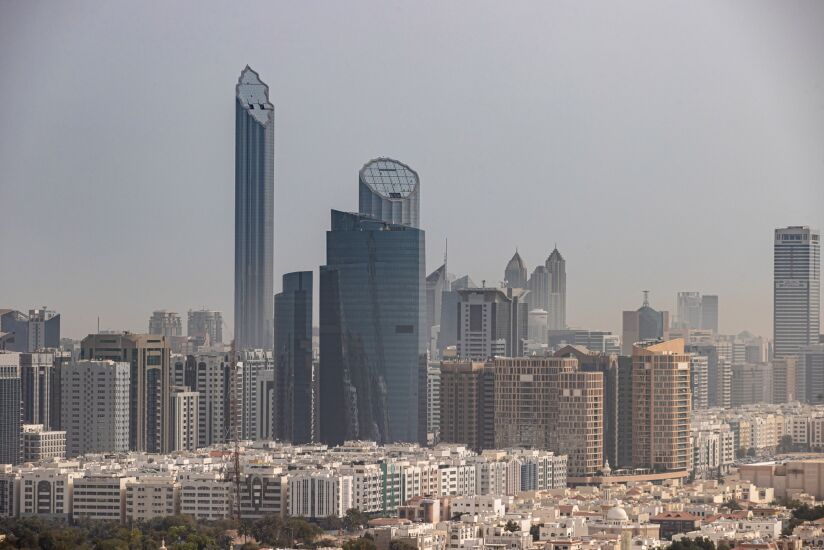
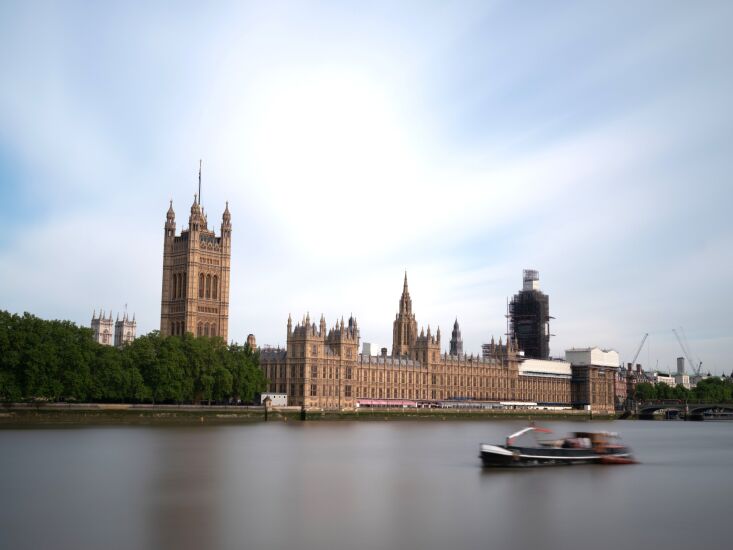
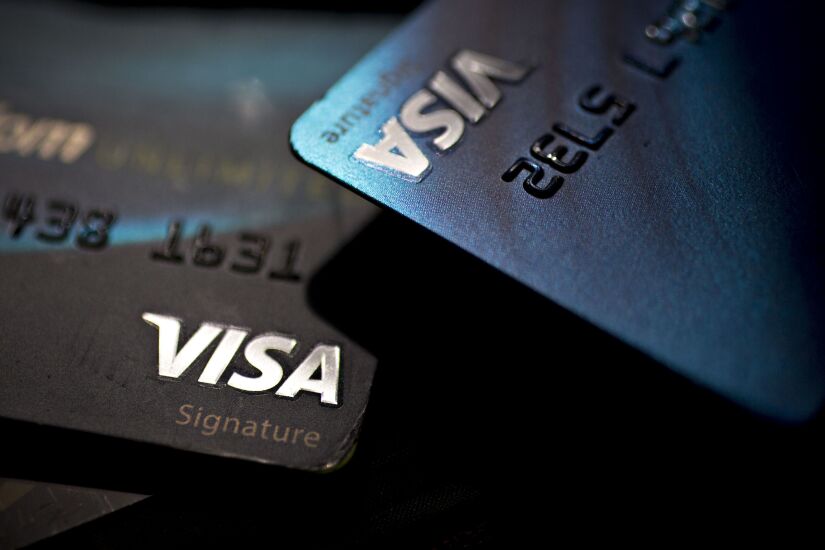
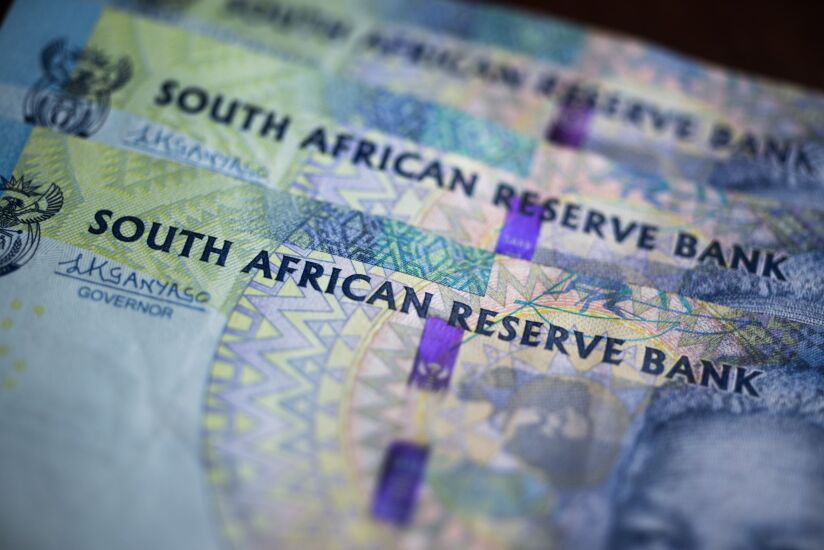
The credit union fintech and core provider partnered to launch three new agentic AI-powered tools for credit unions that work with existing systems.
As Standard Chartered boss Bill Winters says cash will soon fully give way to digital currency, Western Union, Worldline, Coinbase and Ripple entered separate collaborations to bring digital assets to wider audiences. That and more in the American Banker global payments and fintech roundup.
At its first investor day in a decade and a half, the nation's second-largest bank pegged its guidance for return on tangible common equity at a slightly higher level than what it reported last quarter. Not all investors were impressed.
Voters across the country swung hard to the left in yesterday's off-cycle elections, showing an acute interest on affordability issues ahead of the 2026 midterms.
Despite record loan applications, Upstart's AI pulled back, causing a revenue miss and raising "incremental uncertainty" about its core underwriting model.
The megabank is cooperating with a government request for information related to how it decides which customers to bank. It is the second large U.S. bank — along with Bank of America — to disclose such a probe.